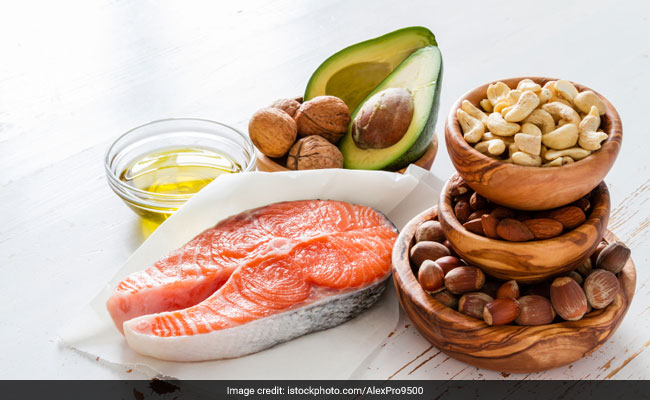
- Fish is the best source of omega-3 fatty acids
- The scientists studied the diets of 176 arthritis patients
- Each additional serving helped reduce symptoms further
The scientists studied the diets of 176 people and looked at the relationship between fish consumption and disease symptoms. They found that subjects consuming fish more than two times in a week had significantly lower RA symptoms than compared to subjects who ate fish never to less than once per month. Each additional serving helped reduce symptoms even more.
"Our findings suggest that higher intake of fish may be associated with lower disease activity in RA patients. With that type of improvement, we would generally expect that a patient would feel noticeably better," said lead study author Dr. Sara Tedeschi, an associate physician at Brigham and Women's Hospital, and lead author of the study in Arthritis Care and Research.

Fish is the best source of omega-3 fatty acids
However, the researchers stated that the study was just an observational measurement, one that did not prove or disprove the impact of fish on RA symptoms, but the conclusions are "clinically significant" because of the major reductions in RA symptoms the fish eaters experienced.
The scientists conducted a cross-sectional analysis using baseline data from participants in the Evaluation of Subclinical Cardiovascular Disease and Predictors of Events in RA (ESCAPE-RA) cohort study. Frequency of fish consumption was assessed by a baseline food frequency questionnaire assessing usual diet in the past year.
Good sources of omega-3 fatty acids in fish include tuna, salmon, sardines, raw fish such as sashimi or sushi, and grilled, steamed baked trout, sole, halibut, grouper and poke. Fried fish are known to reduce omega-3 content, and as such are not beneficial for health.

